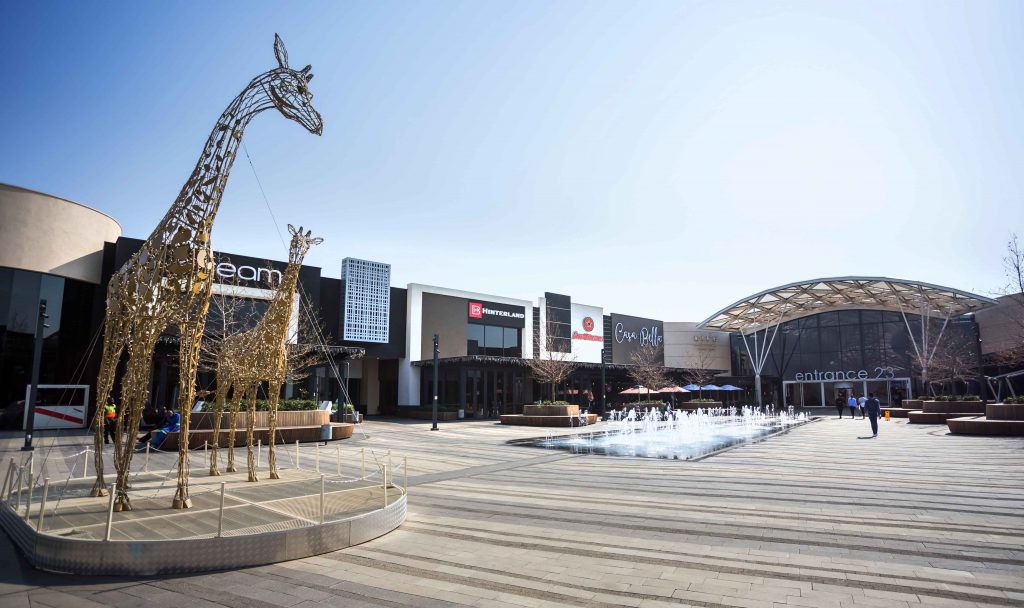Business Day Commercial Property
Uncertainty Around Bricks And Mortar
“The retail sector is definitely still viable,” says Steven Brown, CEO of Fortress REIT Limited, “especially with products such as clothing where people need to go and touch them. Now more than ever, big brands need a place for consumers to interact and get a feeling for the brand.”
Michael Scott, research analyst for JLL Sub-Saharan Africa, is less optimistic, however. “I think in these uncertain times, it’s not the best investment option. Retail sales have fallen sharply, real growth in consumer spend has dropped significantly, and from an investor’s perspective there’s no guarantee of stability in terms of operating income.
Line shops have really struggled; only really essential services – pharmaceuticals, food and beverages – have managed to stay afloat.”
Scott says that the tenant mix will have a distinct impact on the viability and profitability of any purchase.
Pepler Sandri, associate director of capital markets for JLL Sub-Saharan Africa, says JLL has put a moratorium on taking shopping centres to market unless it’s a distressed sale. “The reason for this is uncertainty around the projected net operating income, to which the investors apply a first-year’s forward acquisition yield,” says Sandri.
“The yield might shift, but there’s uncertainty around the underlying income streams. Until one can confidently predict net operating income for the next 12 months, it’s inadvisable to take shopping centres to market.” Sandri expects negative assumptions to be applied to the net return on investment, with discounts far more substantial than they might be in three or four months.
Innovation and growth
Where are the opportunities?
Steven Brown – CEO, Fortress REIT:
This is still a R5-trillion economy. The overall market may be shrinking, but there’s still a lot of retail spend in the country, and opportunities to capture that. Retailers need to embrace the omnichannel approach, where consumers experience a brand in store and try on their clothes or shoes, then conclude the transaction online.
There will always be demand for good neighbourhood centres and convenience centres, but expect less retail gross lettable area expansion than has been seen over the past 10 years.
It will be critical for retailers to adjust their businesses accordingly. Those that do will probably end up taking more space, and launching more concepts.
Retailers will be looking for better space, rather than what they historically wanted, which was just more space. This is an opportunity for people to ensure they have high-quality assets, because those will continue to perform.
Michael Scott and Pepler Sandri – JLL Sub-Saharan Africa:
E-commerce growth will be the driving factor in supply-chain diversification. The industrial and logistics landscape will benefit from this shift.
Smaller centres will weather the storm better, particularly township centres. As with community centres, township malls have been pretty resilient. Sales volumes have remained consistent during the lockdown.
Prospective investors should watch for a fire sale of distressed assets in the fourth quarter of this year and the first of the next.
People are holding on as long as they can, but there will be a flood of assets coming to market, whether overtly distressed or about to be. That’s one potential area of opportunity for investors to pick up assets at the bottom of this cycle.






 Sign-up and receive the Business Media MAGS newsletter OR SA Mining newsletter straight to your inbox.
Sign-up and receive the Business Media MAGS newsletter OR SA Mining newsletter straight to your inbox.